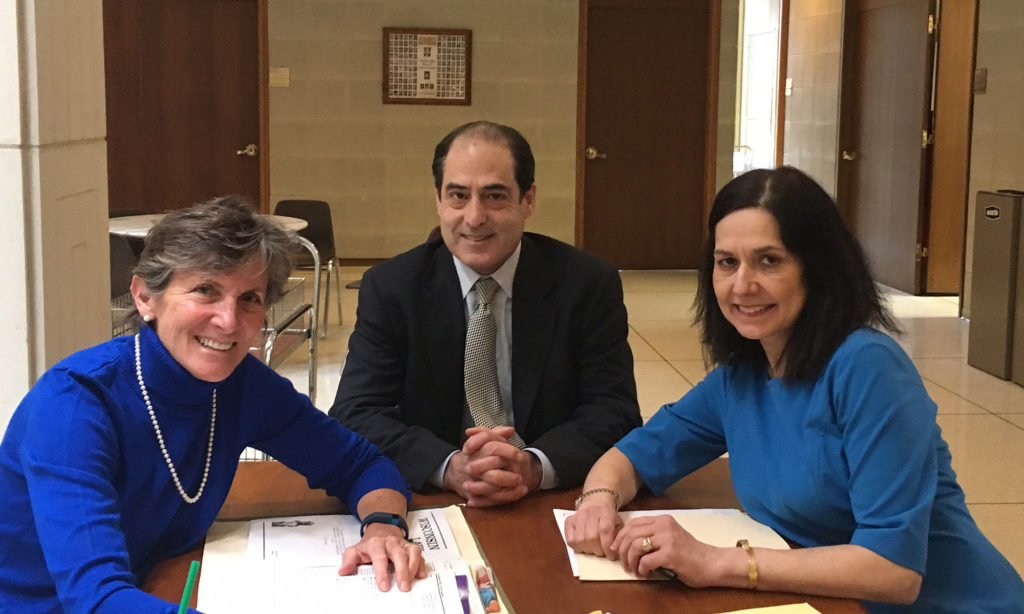Opponents of MAID are quick to mischaracterize the exercise as Physician Assisted Suicide. It serves their narrative that a terminal patient seeking release from suffering, lack of autonomy, utter helplessness and futility in the face of the medically proclaimed inevitable should be viewed in the same prism as a vigorous young individual in excellent health who succumbs to a moment’s despair over a temporary setback. Society has long held legal and ethical condemnations of suicide, enshrined in a Judeo-Christian tradition which views life as a gift from God, which only He can take back.
And yet society has evolved since those hoary days when a suicide brought such shame to a household, that a religious burial was impossible, life insurance policies were invalidated, and property of the decedent escheated to the state. Today, it is accepted constitutional jurisprudence that an individual has a rich to terminate life saving medical treatment by pulling the plug on machinery keeping him alive. Today, it is common practice for physicians, in concert with the patient but sometimes on her own initiative look to relieve suffering from such a potent, if not toxic, dose of morphine that death almost inevitably ensues. These are considered routine hospital outcomes.
Slowly, experts in the filed are fighting back at the misnomer of Physician Assisted Suicide (“PAS”) as wholly inappropriate and misleading. The American Public Health Association last year ruled that PAS should be avoided going forward in favor of the less problematic Medical Aid in Dying or Doctor Assistance in Dying. And just this past month, the American Associate of Suicidiolgy whose mission is to study suicide in the hopes of preventing it ruled eloquently that Suicide is not the same as Physician Aid in Dying.
Their rationale follows and is worth a few moments’ study:

Edmund Tiryakian
Ed Tiryakian, J.D., MBA, founded Dying Right NC in 2015 and is its Executive Director. He previously worked in international banking in Asia before retiring to his native NC.He believes End of Life issues are one of society’s most pressing challenges as we all live longer and the medicalization of the dying process continues to conflict with the individual’s right to choose his or her end.


